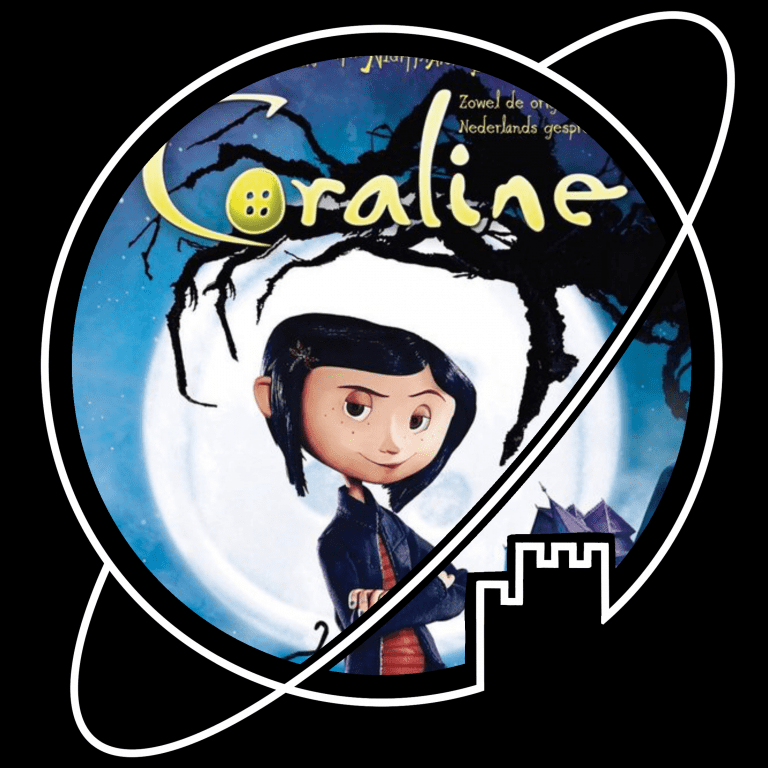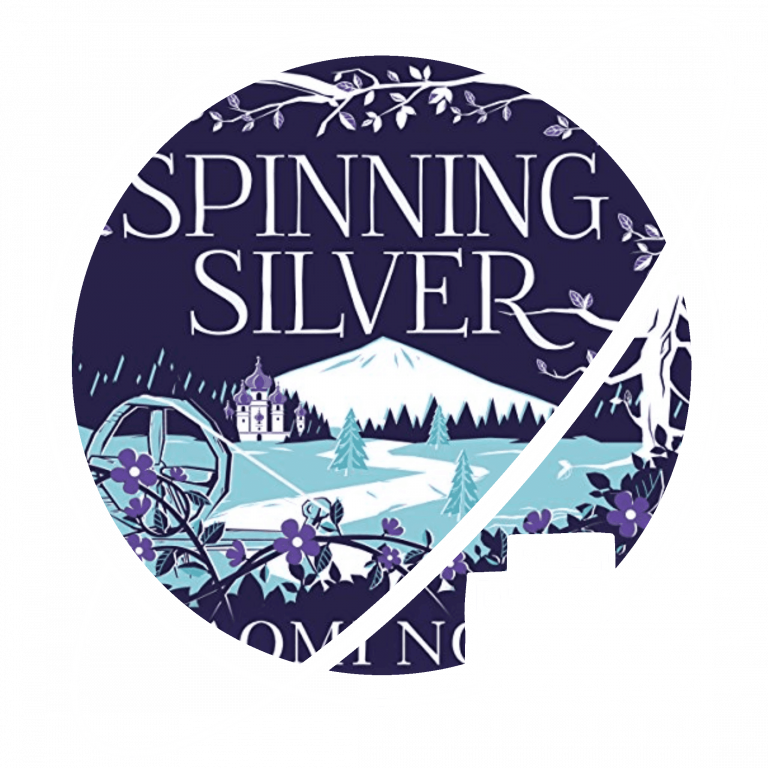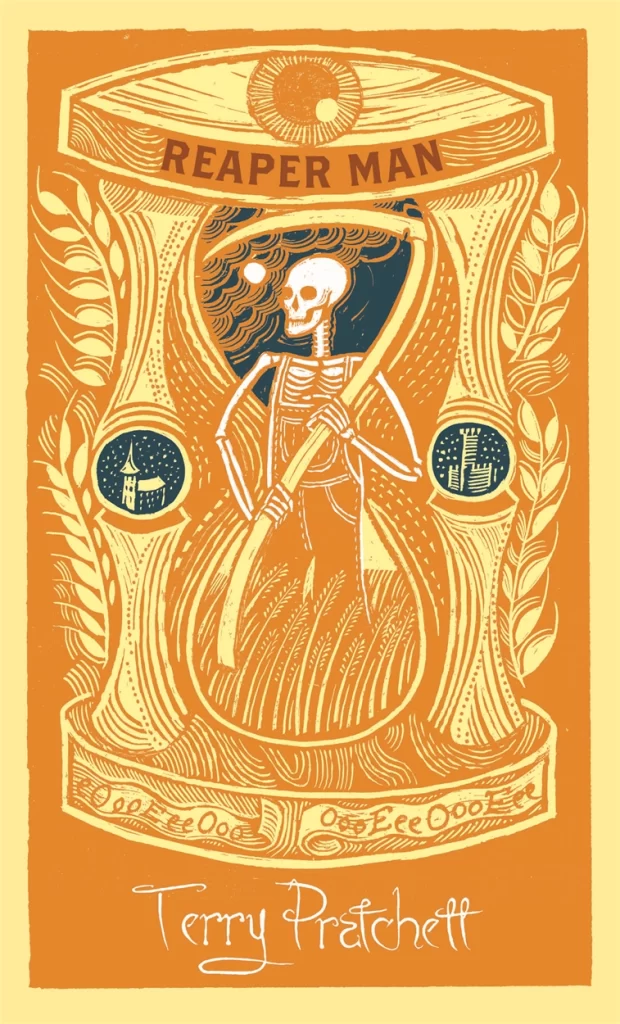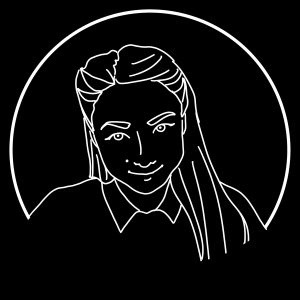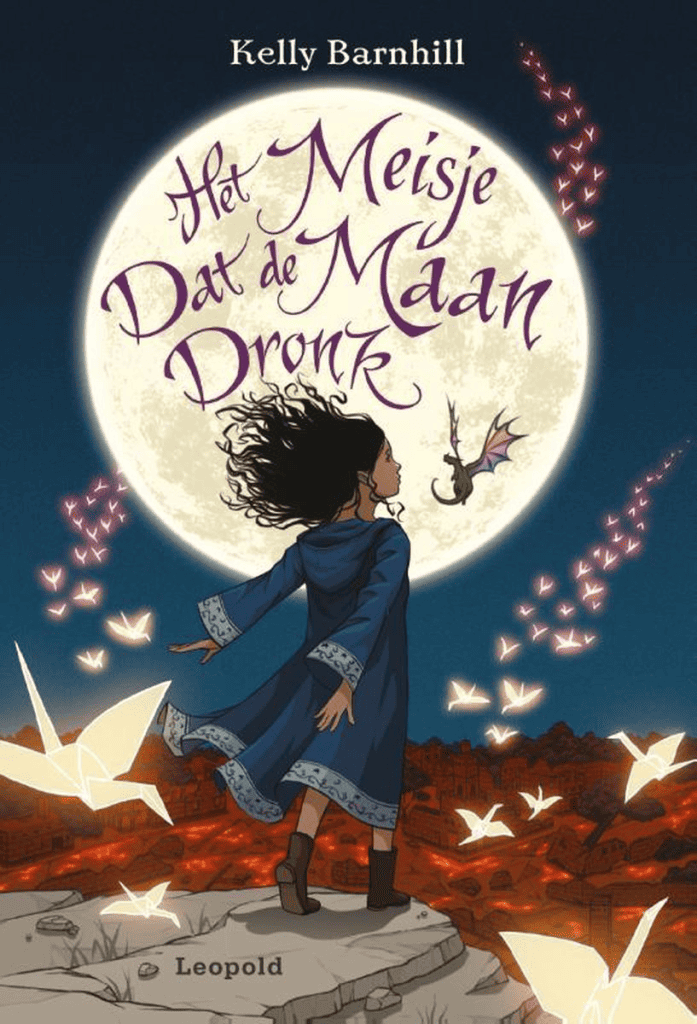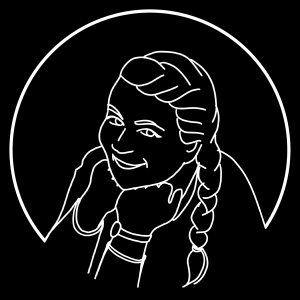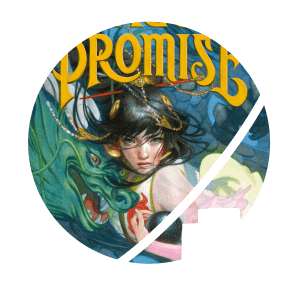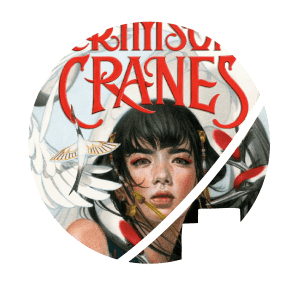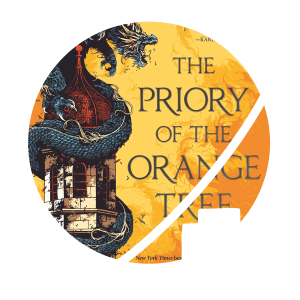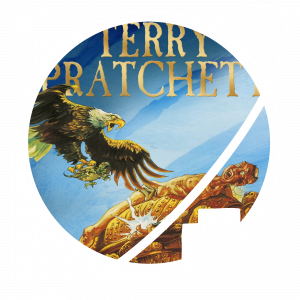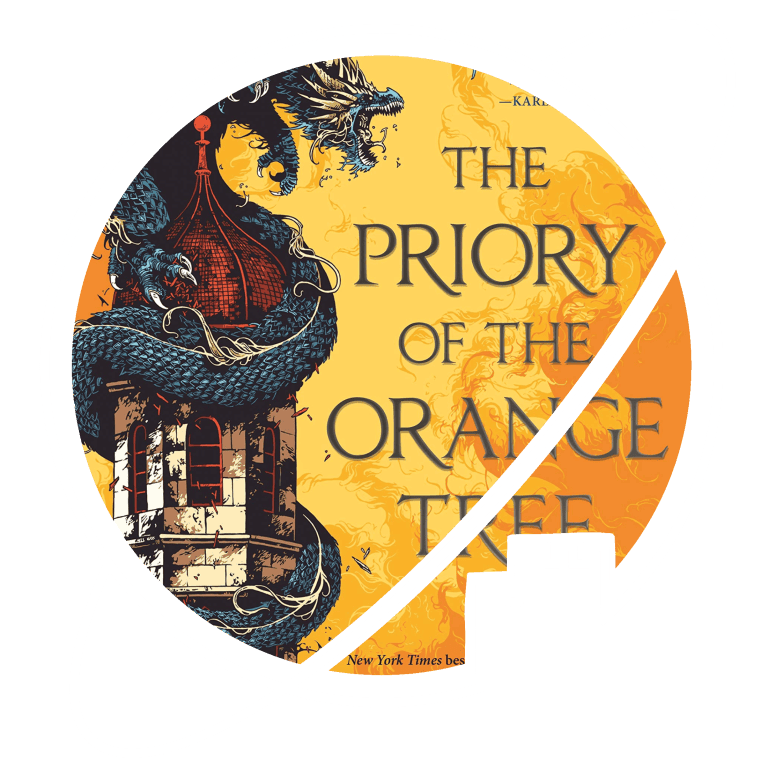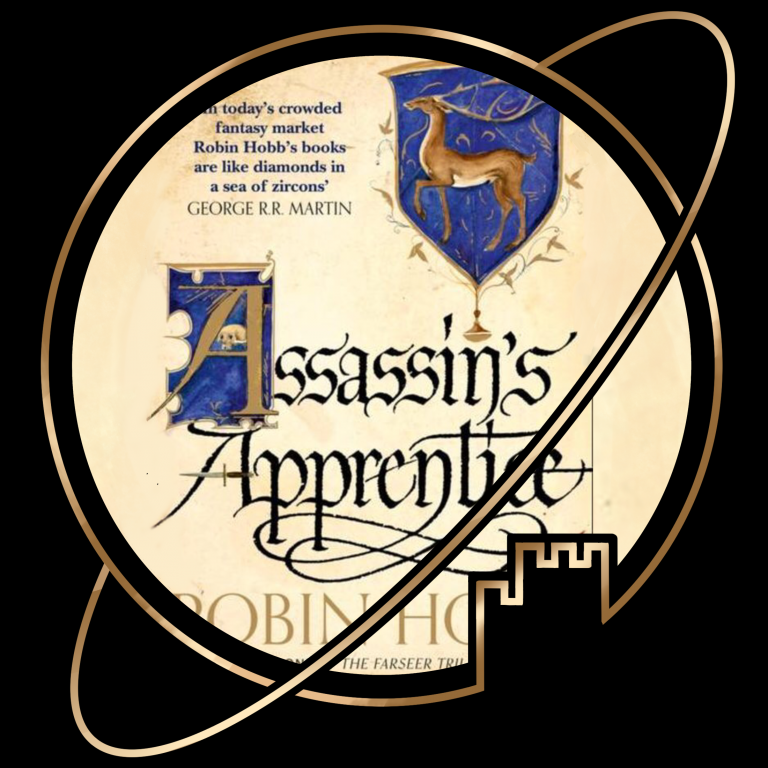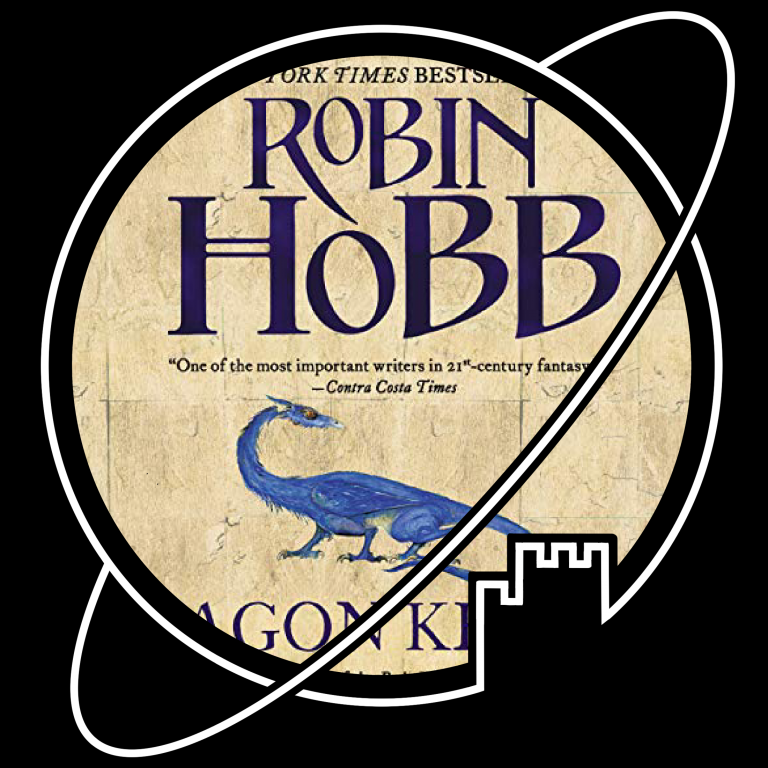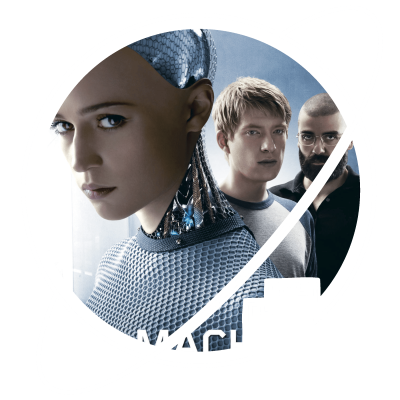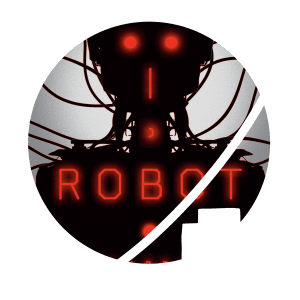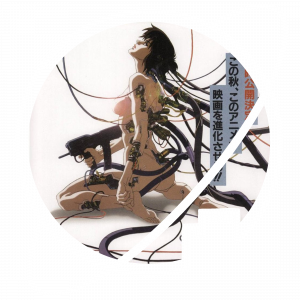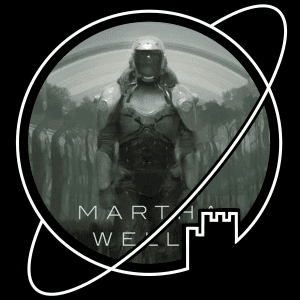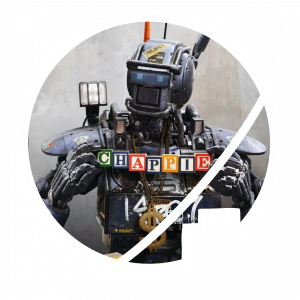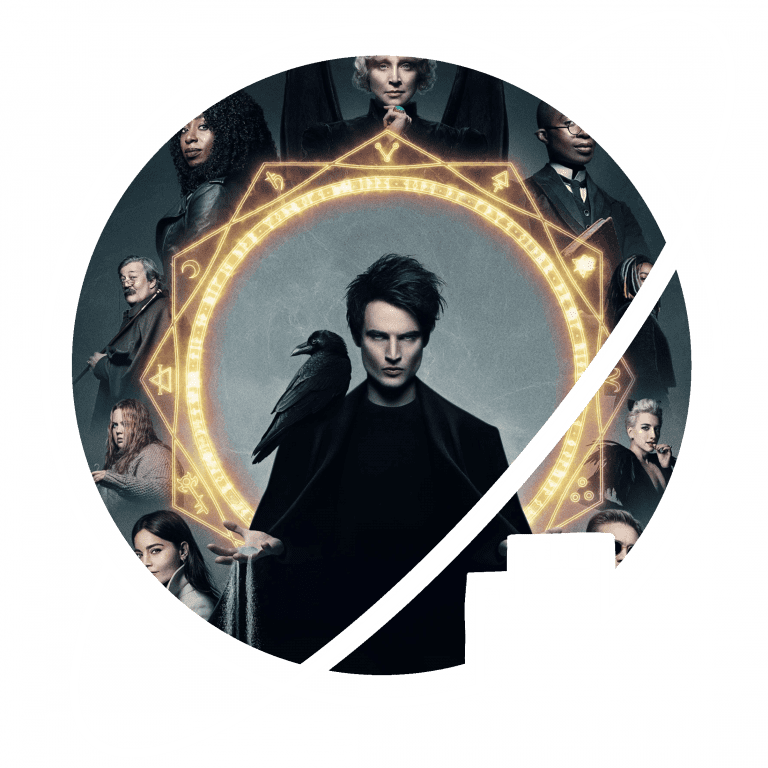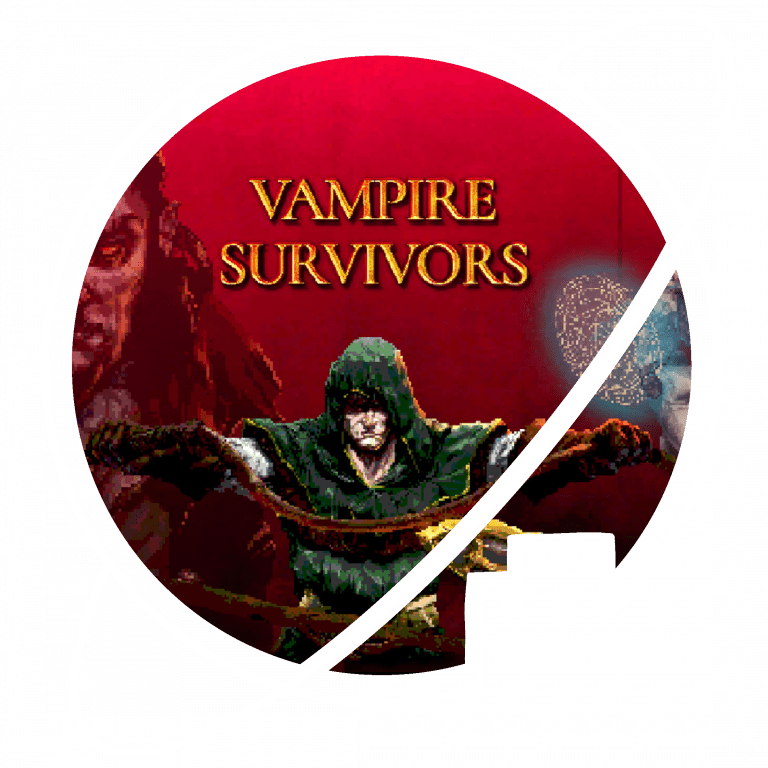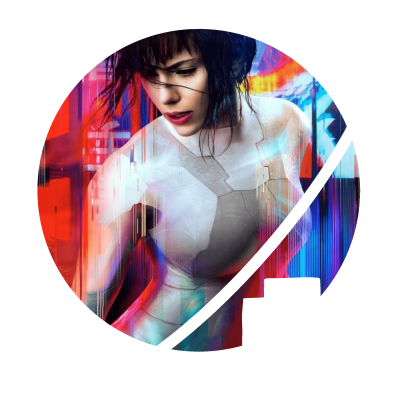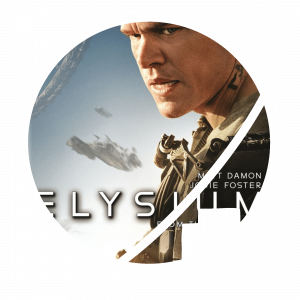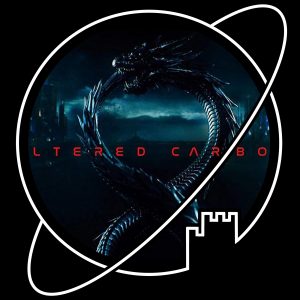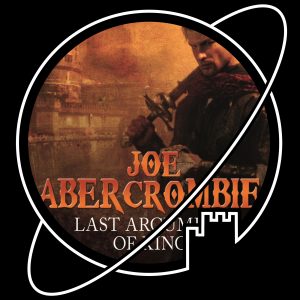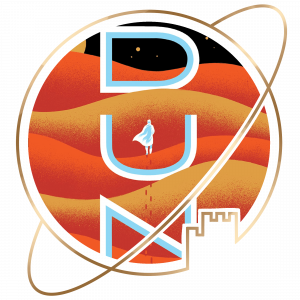Welcome to the Escape Velocity Collection!
We are an opinionated group of friends reviewing all sorts of fantasy and science fiction media. Don’t forget to get to know the curators and visit our curated Collection, where we discuss the stories that never cease to transport us to another world.
Will you escape with us?
LATEST POSTS:
- Novel written by V. E. Schwab
- Published in 2022
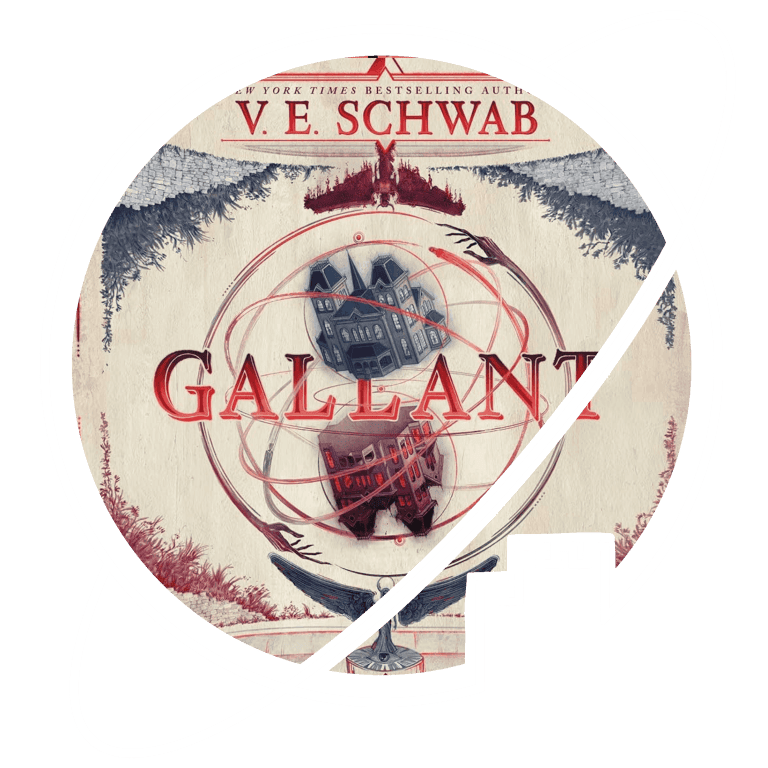

I listened to the audiobook for Gallant, read by Julian Rhind-Tutt. The narration for this book was really good. I feel like audiobooks often work best if the narrator is similar in age/gender to the main character, but I really liked the narration by Rhind-Tutt. Gallant is almost like a fairy tale, and the style of narration brought that out beautifully.
The novel reminded me a bit of Coraline by Neil Gaiman. Not just because it is the story of a young girl discovering the secrets of her new home, but also in the general vibe, if that makes sense. The book is wonderfully atmospheric and a little bit spooky.
I wasn’t fully won over by Gallant, however. The first reason is that it’s just not quite spooky enough. The book deals with some scary themes, but it doesn’t really make my skin crawl like Coraline does, for instance. I really feel like this book should have been scarier. The second reason is that the characters never really get fleshed out like I would have wanted them to be. We only really get a sense of who Olivia is, but Matthew, Hannah and Edgar are never really developed in a satisfying way.
Overall I would have enjoyed it more if these two issues had been addressed, but Gallant was still an enjoyable read. I think this book is really good for a younger audience wanting to read a spooky book that never really gets too scary.
Tagged:
See also:
Time to get to know the Escape Velocity Collection’s curators! How? By asking them the questions that really matter! Let’s see what our curators have to say…
Today’s question is:
What book’s cover made you want to immediately read it? And how did that turn out?
With both Lotte and myself drooling over the pretty cover of The Priory of the Orange Tree by Ivan Belikov, I thought it would be a good idea to ask the curators what other book covers drew them into a story.
Myself, as always with these questions, I keep coming back to Julian May’s The Saga of Pliocene Exile – for some reason, the below cover art of The Many-Coloured Land was really exciting to, like, 10 year old me, with the weird juxtaposition of knights and spaceships and a sleek futuristic rifle and a banner hung with gruesome gilded skulls. As it turns out, it remains one of my favourite book series, ever. So the cover didn’t lie! It was drawn by Michael Whelan, whose style just evokes an entire era of speculative literature. And he has worked for some big names, such as Brandon Sanderson, Stephen King and Robin Hobb too! Now that’s a list I want to see Julian May pop up in…

An honourable mention goes out to Sylvain Neuvel’s Sleeping Giants – in that case, it wasn’t me, but our friend Matt who bought the book on a whim because of the cover and that, too, is one of my favourite reads of the past years. I particularly love the simplicity of this design, though I don’t have a physical book anywhere so I can’t figure out whom to credit…

Though I’m susceptible to beautiful book covers like any other person, I don’t tend to buy or read books I know nothing about. When I judge a book solely by its cover, they usually end up on the bottom of my endless TBR pile.
The latest book in this category, Gods of Jade and Shadow by Silvia Moreno-Garcia (with cover design by Daniel Pelavin), I bought during my vacation in Mexico. I was looking for a backup book in case I would finish my intended holiday books faster than expected, and the Mayan iconography and style drew my attention. I’ve yet to read it though.

Peter: Robin told me that she really loves the fancy covers of the latest editions of Terry Pratchett’s Discworld-novels, and the below cover for Reaper Man in particular. We don’t need to tell you that you are probably fine judging a book by its cover if the cover says ‘Terry Pratchett” – that’s a guarantee for good laughs!
For my birthday last year, my friend gave me a bookstore gift card. It took me a while to actually use it, but eventually, I caved and bought The Dragon’s Promise by Elizabeth Lim. It features a stunning cover with artwork by Tran Nguyen. I’d rolled a natural one on my perception check and didn’t notice the words “THE THRILLING SEQUEL” on the back. I ended up going back and buying the first novel in the series, Six Crimson Cranes, which also has a gorgeous cover (though done by a different artist, Kelly Chong).
Having since read Six Crimson Cranes, I unfortunately have to say it wasn’t quite for me. I also read The Dragon’s Promise as well, but only really because I already have the book…
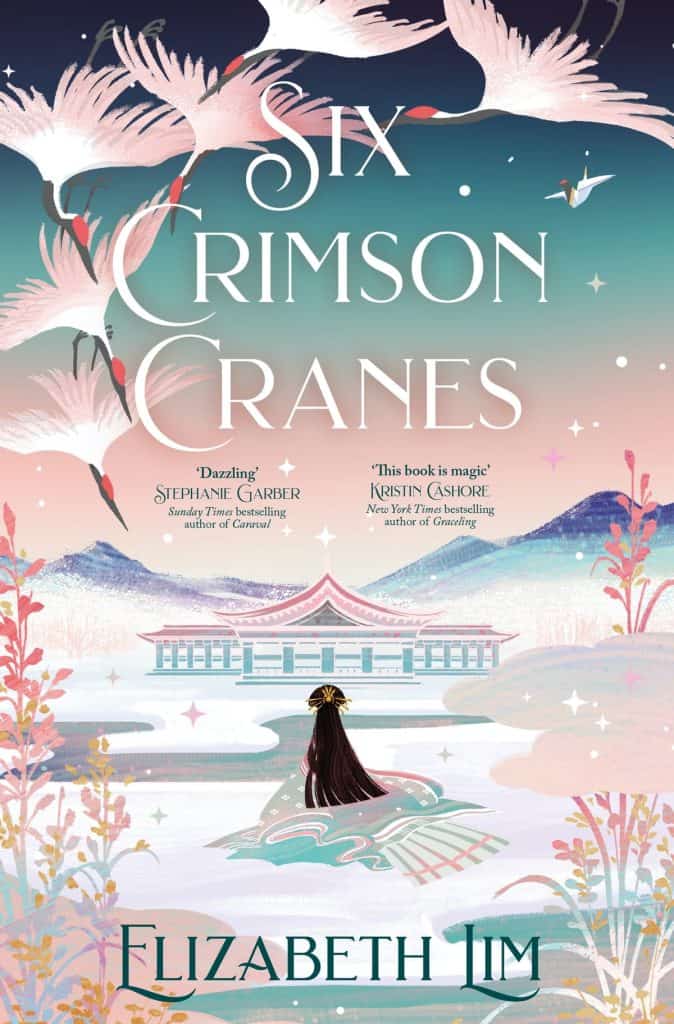
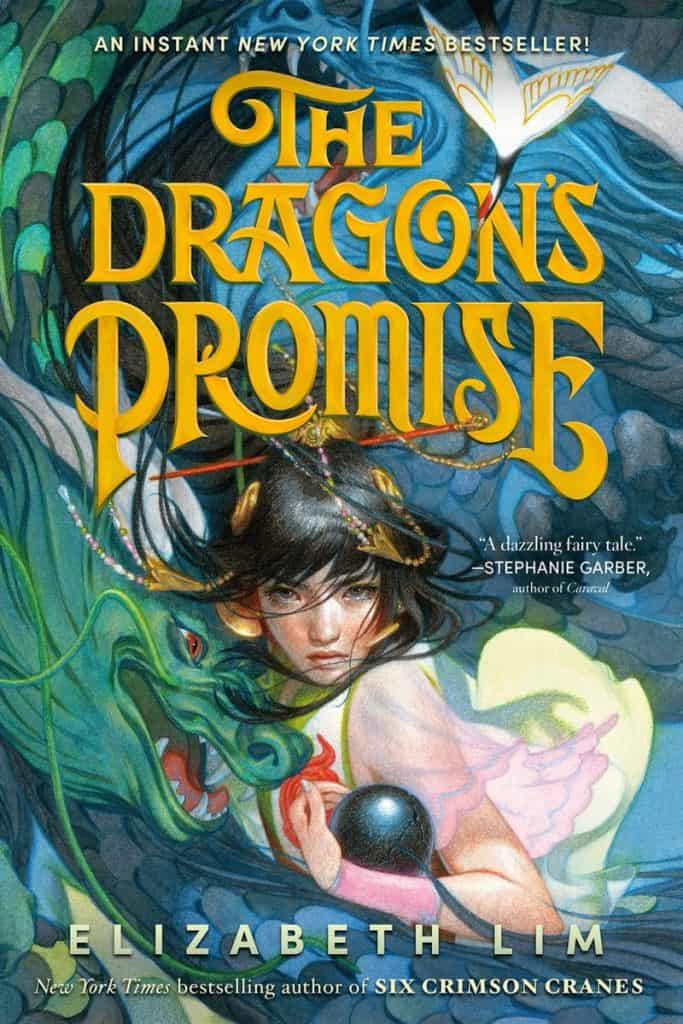
Peter: Jasmijn told me “Magic, representation, cranes, and a fairy dragon.”
I guess that speaks for itself. I have nothing to add. Jop did though…
Jop: The other book that enchanted me with its cover would be the Dutch translation of The Girl Who Drank The Moon by Kelly Barnhill, with art by Yuta Onada. I mean, look at that composition! The moon, the fluttering hair, the glowing origami birds… The tiny dragon! I didn’t stand a chance. It’s one of the books I’m currently reading, so we will find out the result soon enough.
That’s it: another soul-searching question answered!
Still curious? Visit each curator’s page to see what they’ve recently been up to!
Check out our reviews of the media discussed in this post here:
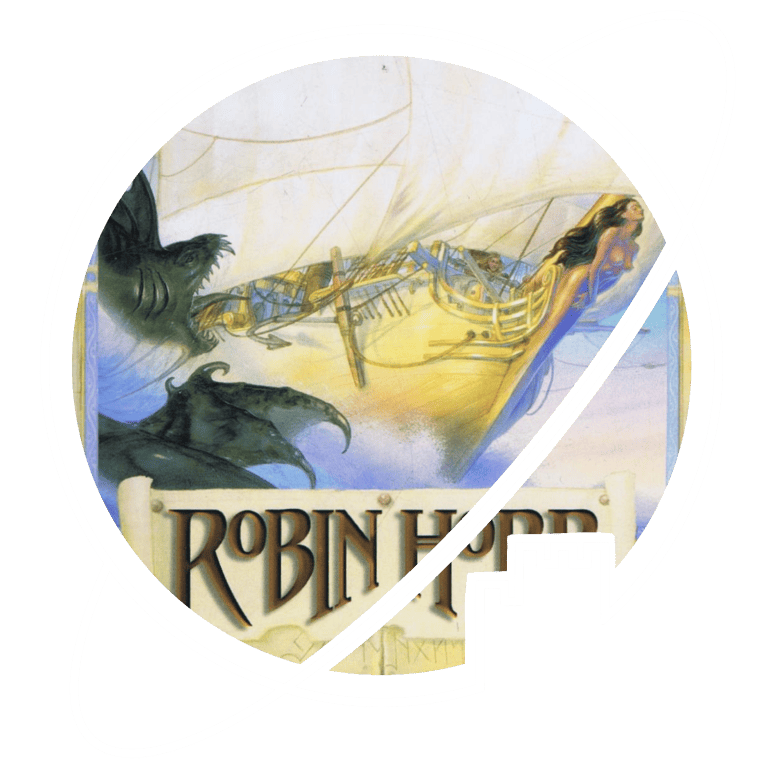

I recently reread the Liveship Traders trilogy to see if I’d like them more than I did when I was 11 years old. At that age, I was mostly just disappointed that these books didn’t feature my beloved Fitz from the Farseer Trilogy. Though this didn’t stop me from reading at the time, it did throw a persistent shadow on my reading experience. But now that I’m much older and somewhat wiser, friends urged me to give the Liveship Traders another try, because -despite a lack of Fitz’s shenanigans – ‘it is actually a very good story’. Of course, I never need much convincing to read Robin Hobb, so I borrowed some physical copies and went in with an open mind. I can happily say this was a good decision.
Robin Hobb will never cease to amaze me with her storytelling. She always manages to create an intricate psychology for her characters, and never hesitates to put them through the wringer to service the story’s plot and themes. The Liveship Traders is at times quite grim in that regard, dealing with subjects such as slavery and (sexual) abuse. In retrospect, I can’t blame my younger self that she didn’t grasp the full meaning of these sections. Now, however, I’m impressed with the way how Robin Hobb takes these terrible things – in modern media often used to cheaply shock the audience – to craft a narrative that explores the meaning of identity, trauma and self-determination.
Returning to Robin Hobb’s characters, I was also intrigued by the way Kennit is written. Traditionally, unlikable protaganists are difficult to pull off right. yet Kennit’s chapters were often my favourite.
The scope of the Liveship Traders is bigger than most of Robin Hobb’s other books, mostly because it’s centered around ships and nautical travels. However, things remain comprehensible. Most of the main characters are from the same family and easily distinguishable from each other. The same goes for the overarching political powers. The worldbuilding aspects that might be most difficult to understand, the titular liveships and the migrating sea serpents, are deliberatly mysterious and speak to the imagination. A ship that contains the memories of past generations and has a psychic connection to living family members? That can speak and has some control of how it moves? Fascinating…
So, if you’re in the mood for realistic fantasy with a focus on sea adventures? Look no further. Ship of Magic is a compelling first step, steadily building up to thrilling events. Just like all of Robin Hobb’s other trilogies, you can read the Liveship Traders trilogy without having read any of her other books in the Realm of the Elderlings series.
Tagged:
See also:
- Movie directed by Alex Garland
- Starring Domhnall Gleeson, Alicia Vikander, and Oscar Isaac
- Released 21 January 2015
- Runtime: 108 minutes

I haven’t heard anyone talk about this movie, probably ever. It is also nearly 10 years old. So… why am I reviewing it? Because it is a rare example of a thoughtful sci-fi movie and for that alone, it deserves more attention than it gets.
The best thing about Ex Machina is that it is a science fiction film that takes a philosophical approach. I feel that most science fiction is mostly an excuse for flashy action scenes and big explosions. Ex Machina is different. It is much more thoughtful and slow-moving, even verging on horror at times when the suspense builds up. That is not to say that it is not engaging – I think right up until the climax, Ex Machina is very well paced.
The most disappointing thing about Ex Machina is probably that the philosophical questions it asks are literally as old as the genre: if she were still alive, Mary Shelley might have sued for copyright infringement of Frankenstein.
Does that take away from the enjoyment of watching the movie? I guess for me it did somewhat – the familiarity of the plot made the whole movie somewhat forgettable. It is perhaps not quite the conversation starter I feel it intended to be. Then again, not everyone has seen/read as much science fiction as I have, and to many others, Ex Machina might actually break new ground.
And the interesting thing is that Ex Machina is actually an eminently watchable introduction to a genre that might push many people away with constantly glorified violence. Put somewhat un-woke, this is a sci-fi movie that your girlfriend might actually want to watch.
And while the plot is not new, Ex Machina does a quality retelling of that familiar struggle. The script (particularly the dialogue) is strong. There are only a handful of characters (three, or four, depending on how you count), each of which is very well portrayed. Their interactions, which are at the core of the movie, are believable and constantly filled with tension. There are no good guys, no bad guys, just characters and the viewer’s own judgment.
So, despite being 10 years old and mostly forgotten, Ex Machina might actually scratch an itch that only gets scratched very rarely. Don’t miss out!
- Novel written by Deborah Harkness
- Published in 2011
- Part one of the All Souls Trilogy
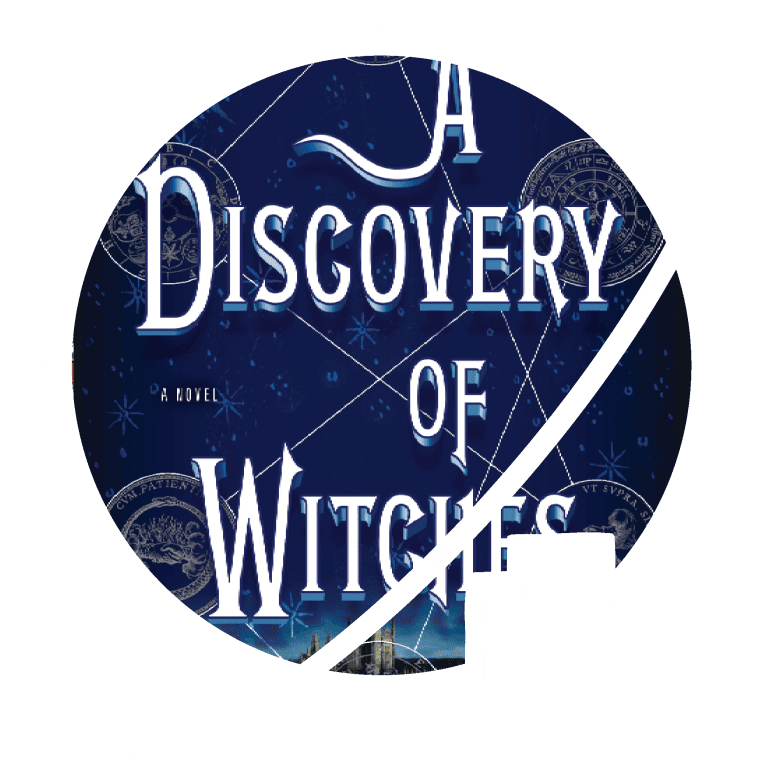

Oof. This book started off with promise, and then took a NOSEDIVE, unfortunately.
A Discovery of Witches is the first novel in the All Souls trilogy by Deborah Harkness. I found out about it through an influencer, who has talked about it so much that I ended up buying the second novel when I found it at the thrift store, then the third, and finally this book. It’s about witches and vampires, so I waited until autumn to read it. For the Vibes, of course.
The first one hundred pages or so I quite liked it. It’s marketed as being “Twilight for adults”. I used to love Twilight as a 14-year-old, and like many, I’ve recently come to realise that it really wasn’t such a bad book after all. Because of this change of heart, I was optimistic about the premise of this book. Even if it isn’t the most high-brow novel, at least it’ll be fun, right?
As I stated, the book starts off quite well. It definitely has an “autumn” feel to it. A Discovery of Witches starts in Oxford, and it has a fun “dark academia” vibe to it. The main character is Diana, a witch who doesn’t like to use her magic because of a tragic incident that killed her parents. She’s not a particularly interesting character but she’s not outright unlikeable. Yet.
Everything goes horribly wrong when she meets Matthew, a vampire. Vampires and witches don’t really mix, but of course, Diana and Matthew quickly fall in love. Diana turns out to actually be a really powerful witch (who saw that coming?) and Matthew is a 1500(!) year old vampire.
The story teases a plot at the beginning, with Diana doing research and accidentally uncovering an ancient, important manuscript that makes her a target for other magical creatures. Unfortunately, this “plot” is quickly tossed out of the window for the revelation that there’s a “congregation” of magical creatures who have decided that inter-magical species dating is against magical law. Next thing I knew, the following 500 or so pages were just about Diana and Matthew’s “forbidden love”. Nothing of interest happens. It was an absolute slog to get through. Mind you I had the whole trilogy on my shelf. Rest assured that books 2 and 3 are going straight back to the thrift store with their sibling.
So sure, let’s say the full focus of these books is on the relationship between Matthew and Diana, and the reader shouldn’t expect more plot than that. Even then, they are an insufferable couple. After they meet, Matthew stalks her for a while, following her home, breaking in and watching her sleep (a classing YA vampire move). Diana is initially extremely put off by his frankly creepy vibe. Even so, the timeline between them meeting and Matthew stating that because they have confessed their love to each other they are now Vampire Married (!!) is no more than a couple of weeks. Matthew is extremely controlling. Everyone does what he tells him to. It’s not because he is ancient, because his “mother” Ysabeau is even older than him. He’s just a jerk.
Diana turns into an empty vessel of a character after she and Matthew get “married”. She happily tolerates his controlling behaviour, and even starts referring to his 100+ year old vampire children as “her children”. I guess this isn’t super relevant information for this review but I hated it SO SO much I guess I just needed to rant about it a little here.
Near the end, two more characters are introduced, but they are DEEPLY irrelevant to the book. There’s a guy who’s just sort of there, and his wife who is pregnant. That’s her whole thing. It’s very much a set-up for the sequels that the author tries very hard to make you not read.
The writing overall is FINE, but this was truly a 700 page novel about nothing and near the end all I wanted to do was scream.
- Movie directed by Rupert Sanders
- Starring Scarlett Johansson, Takeshi Kitano, Michael Pitt, Pilou Asbaek, and Juliette Binoche
- Released 31 March 2017
- Runtime: 107 minutes

When I reviewed the Mamuro Oshii animated version of Ghost in the Shell, I praised the visuals to high heaven and lamented that Japanese story telling has a tendency to buckle under the pressure of the third act. So when I sat down to watch Rupert Sanders’ (who?) live action version, I was looking forward to a plot with a stronger structure and a more grounded conclusion.
I was disappointed.
Given the deep mediocrity of this movie’s script, I think rating it 2 stars is actually rather generous.
The live action Ghost in the Shell is a perfectly passable, forgettable, 13-to-a-dozen Hollywood action movie. Just slightly boring, but inoffensive in its mediocrity, a good solution to a craving for something mindless to put on while scrolling on your phone on the couch.
I believe it really only has three claims to fame: (i) it is a remake of a cult classic; (ii) it stars Scarlett Johansson; (iii) there was some woke controversy over casting a virtually all non-Japanese cast in a movie set in Japan (click that link, I know you want the drama). If not for those things, I’m guessing we would all already have forgotten this version of Ghost in the Shell even exists.
I’m trying to think of any way in which it improved upon the animated version of the same movie, but I’m having a tough time. In fact, I think the live action version of the movie is at its best when it mimics the classic visual shots from the animated movie. Which makes you wonder, why are you watching this if you could be watching the animated version of the movie instead?
Don’t get me wrong, I have watched much worse movies. The live action Ghost in the Shell is not terrible. The visuals are good and occasionally even great. The action is spectacular, though not in any way that sets it apart from action we’ve seen before. You get to look at Scarlett Johansson in a skin-tight suit. It ticks all the boxes we expect an action movie to tick.
It’s just… so pointless. Why remake a movie if you’re not going to improve upon it in any way?
I’m especially disappointed with the writers, who took it upon themselves to include a Message ™ in the movie and then COMPLETELY botched it. I’m actually so mad at the lost potential that I might write up a Fiction Fix just to rant about it. The script is where this movie could have so easily improved upon (or lets at least say, added to) its source material.
Instead, we get a failed attempt at philosophy and a liberal sprinkling of narrative dead ends and cringe. ScarJo tries her best on the terrible lines she’s given. So does Juliette Binoche. Pilou Asbaek actually makes Batou kind of work. But some of the toe-curling dialogue doomed them to failure right from the start. In a movie that is all about the rule of cool, even the main characters only just manage to clear that bar.
Ah well. Go watch the movie if you want to, there’s worse ways to spend a rainy evening. But don’t blame me if you forget to pause it when you go to the toilet.
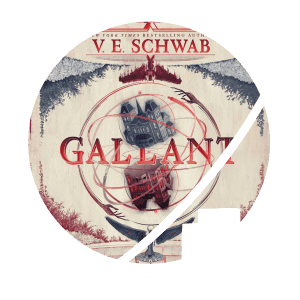
Review: Gallant – V. E. Schwab
Olivia Prior is an orphan who has grown up at Merilance School for Girls where, from a young age, she has been able to see ghouls that no one else can see. Suddenly, Olivia receives a letter calling her home to Gallant, a large mansion inhabited only by her dour cousin Matthew, and his staff. But her new home is not all it seems. Still, not even ghouls and shadows can keep Olivia from trying to find out where she came from.
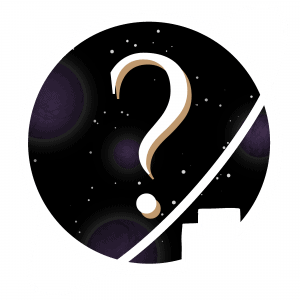
Curator Question: What book’s cover made you want to immediately read it?
Our curators share their experience going against conventional wisdom and judging books by their cover… Risky business!
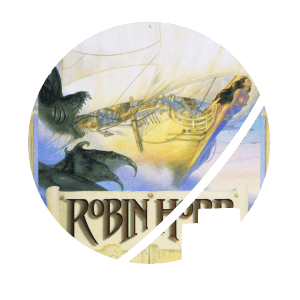
Review: Ship of Magic – Robin Hobb
The life of everyone in the Vestrit family is about to change when it seems that the current patriarch is close to succumbing to his illness, an event that will also fully awaken the family’s liveship Vivacia. Matriach Ronica Vestrit not only has to cope with her husbands impending death, but also the family’s failing fortune. Althea hopes to succeed her father as captain. Meanwhile, her nephew Wintrow is none too pleased to leave his life in the monastery behind to be with his family again.
At the same time, the ambitious pirate captain Kennit dreams of uniting all of the Pirate Isles under himself as king. To achieve this, he intends to capture one of the rare liveships.

Review: Ex Machina – Alex Garland
When Caleb, a nobody programmer at a Big Tech firm is invited to the isolated home of the company’s CEO, he has no idea that he will serve as the examiner in a test of an advanced artificial intelligence developed by the CEO. Will Caleb believe that AI is capable of thoughts, feelings and consciousness even though he is aware it is artificial? As Caleb and the AI get to know each other, a bond forms that will set in motion a sequence of events going much further than the CEO had anticipated.
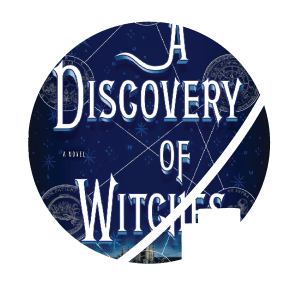
Review: A Discovery of Witches – Deborah Harkness
Diana Bishop, a scholar at Oxford, accidentally discovers an ancient alchemical manuscript. Diana is a witch, but she wants nothing to do with the world of witches, vampires and daemons. That is, until 1500-year-old vampire Matthew Clairmont comes into the picture. When the two fall in love, it throws the entire world of magic into a frenzy.

Review: Ghost in the Shell – Rupert Sanders
Major Mira Kilian is a cyborg, a human ghost in an android shell, who hunts for terrorists as part of Section 9, a shady special ops force of the Japanese government. She remembers little of her past before her brain was transplanted, but when she goes after a cybercriminal who is hunting the very scientists who created her, Major is confronted with some uncomfortable questions on who she really is.









